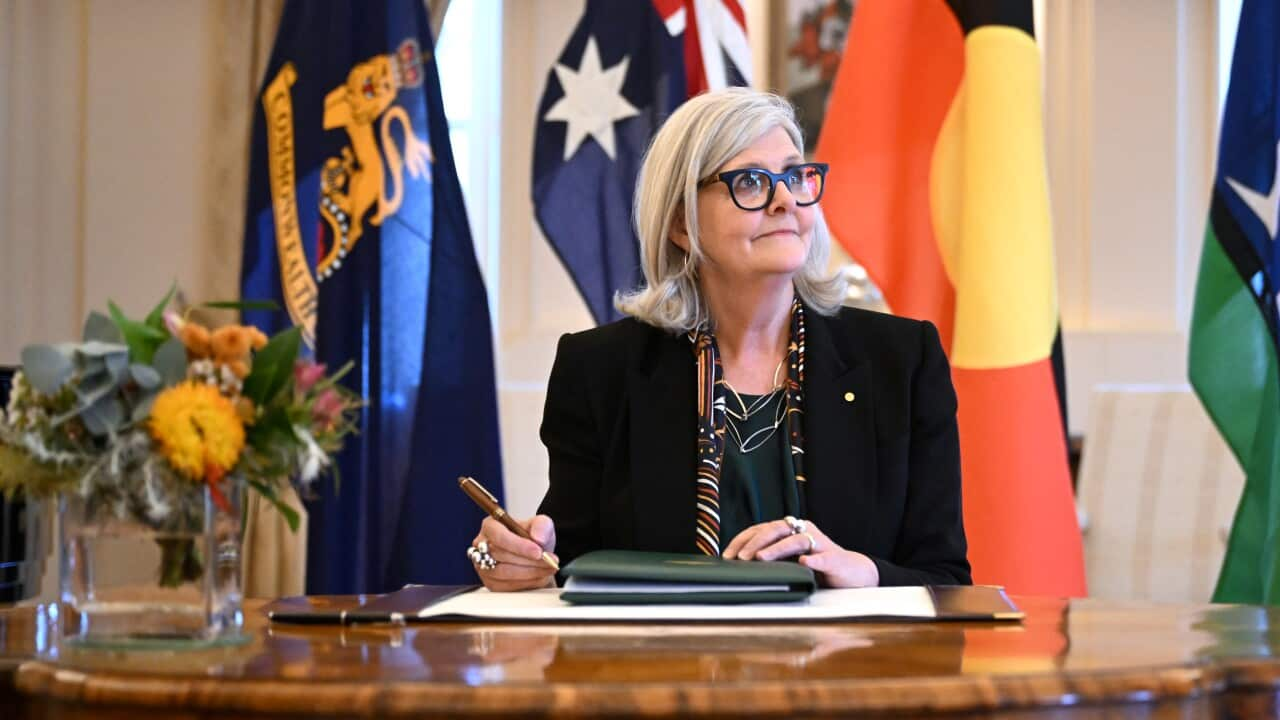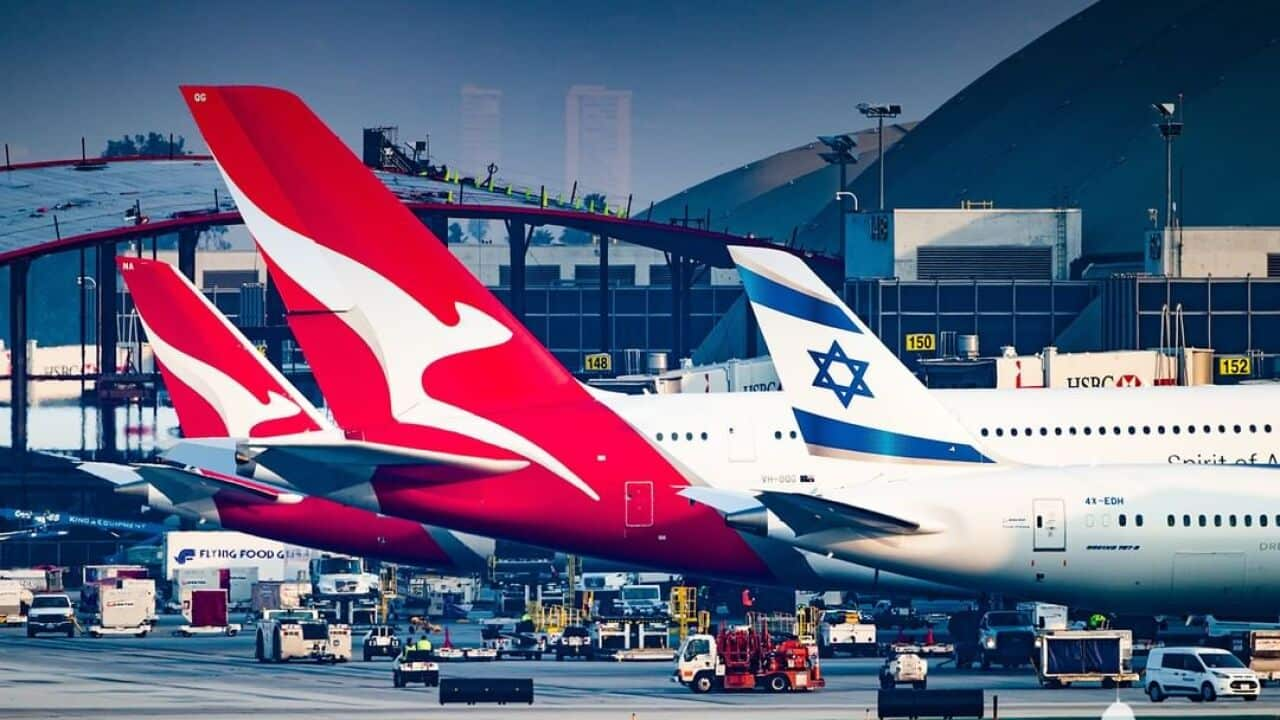Dr Farzaneh Kordbacheh is an early career researcher in Cancer and Vascular Biology Group, The Department of Cancer Biology and Theraputics, John Curtin School of Medical Research, ANU.
She completed her PhD at the Australian National University in 2013, on a joint project between Research School of Biology (Prof. Michael Djordjevic) and John Curtin School of Medical Research (Prof. Chris Parish) discovering angiogenic modulating small molecules from natural products using a bioassay-directed discovery approach. Using high resolution accurate mass spectrometry (LC-MS Q-TOF) and NMR data she was then able to elucidate the structure of two pro-angiogenic molecules.
She then investigated the cellular mode of action of these molecules by looking at their effect on endothelial cell proliferation, migration, tube formation and adhesion to extra-cellular matrix components. These molecules may have therapeutic value where the formation of new blood vessels may be used to treat diseases, such as cardiovascular disease, and for wound healing.
During her first postdoctoral research experience in the Oral Oncology Research Program at the University of Queensland Centre for Clinical Research, she focused on identifying the molecular actions driving cancer development and progression under the direction of Professor Camile Farah. Farzaneh has produced more than 100 whole transcriptome libraries from pre-cancerous and malignant oral lesions for Ion Torrent sequencing (Life Technologies) in order to identify druggable target genes as well as developing a genomic diagnostic tool for early cancer detection.
She has co-authored publications including original cancer research, an invited cancer review and an invited book chapter.
In early 2015, she went back to ANU to pursue her drug discovery journey under direction of Professor Chris Parish. Her current research interests include characterising and elucidating the mode of action of polyanions that can neutralise the cytotoxic and platelet activating properties of histones involved in neutrophil extracellular traps (NETs) formed in response to pathogens and tissue injury.
In an interview with SBS Radios Persian program, Dr Kordbacheh speaks about her researches and achievements.
(Courtesy of ANU: https://researchers.anu.edu.au/researchers/kordbacheh-f)





